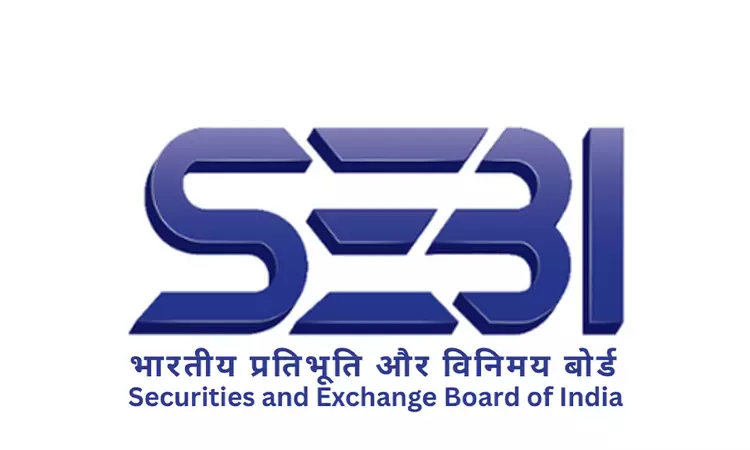The Securities and Exchange Board of India (SEBI) has banned Pradeep Pandya, a former news anchor renowned for his stock market shows, along with seven other entities, for a period of five years. This decision came in response to findings of fraudulent trading practices and breaches of ethical standards within the industry. The regulatory measures were prompted by an investigation...

